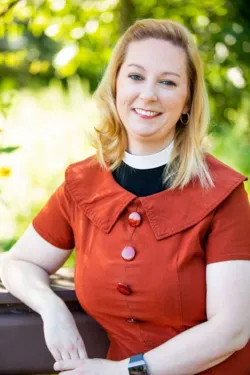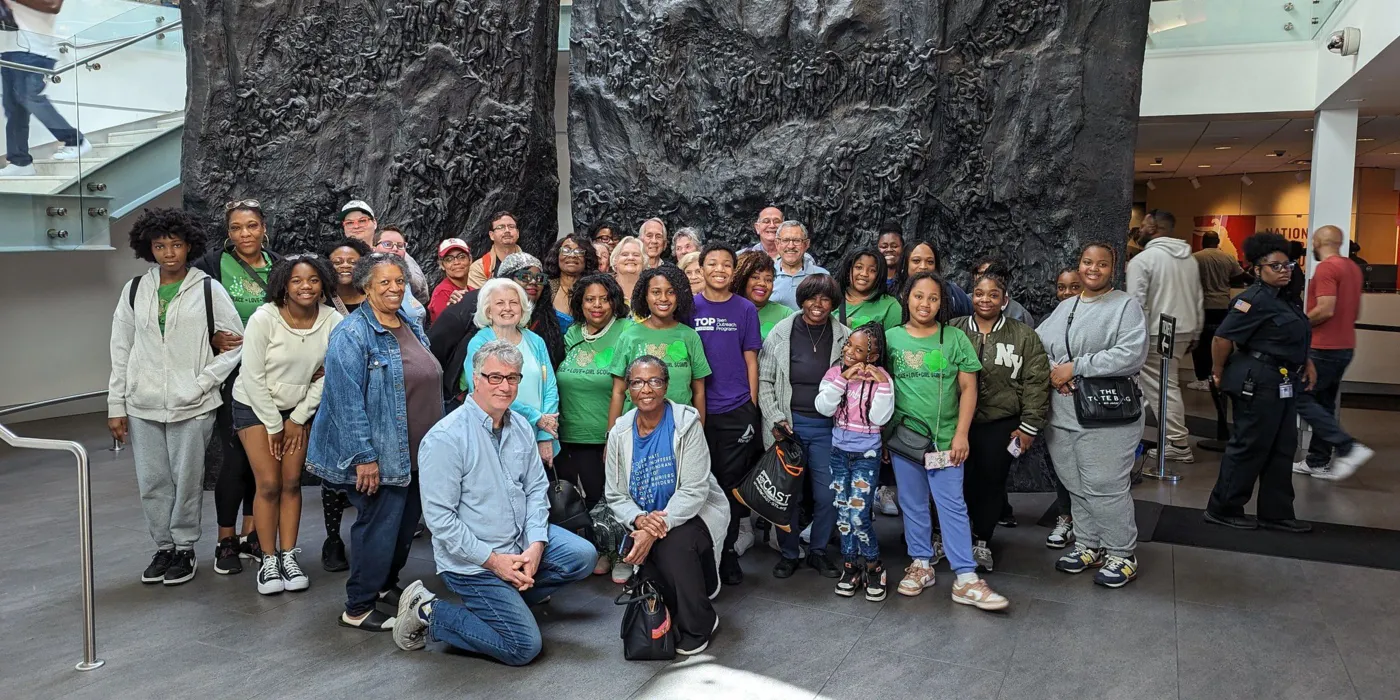
You may be thinking, “We are in the midst of a global pandemic! How can I be expected to be an evangelist right now?! We’ve got far more important things to deal with!”
Well, let’s pause and rethink that for a moment. Let’s go back to our ancestors in faith and see what they were doing in the midst of crisis.
The Bible is post-traumatic literature. It is people telling the stories of how God led them through the absolute worst, most terrifying events of their lives and brought them as a community into a place of not just rebuilding but of flourishing. War, slavery, famine, the destruction of their temples of worship, the execution of their leader at the hands of the state — in both the Hebrew Scriptures and the New Testament, we learn of how God’s people found a way to start fresh right in the midst of trauma and tragedy.
In the Book of Acts, the disciples are scared. They're hidden away at home praying after their leader was arrested and executed. But the amazing thing is that they get started on the work of the new church before Pentecost -- before the descent of the Holy Spirit, before they have any idea what they're doing.
They bring Matthias into the 12 and begin organizing their new ministry. They start the work of innovating and healing, which leads straight into their anointing as evangelists, when the Holy Spirit leads them out into the streets to proclaim the Good News in many languages.
Consider another generation who came through trauma into the life of evangelism: the people of the Protestant Reformation. The Reformation generation was deeply impacted by the plague. Arriving in 1347, this pandemic killed up to 60% of Europe's population.
The church lost authority when its abuses and lack of pastoral support actually made the plague pandemic worse rather than better. People needed comfort, inspiration, and practical help, but the church had gotten stuck in the same-old same-old. Although there was heroic service in some places like monasteries where the first hospitals were being established, in many places the church didn't have much to offer.
People were ready to take risks and explore new frontiers of their faith. Lay leaders and clergy alike began to say, “Our common life is not working, how can we make a meaningful change?” And the Reformation theologians and thinkers essentially began to evangelize other clergy and lay leaders to turn their ideas into a movement. Martin Luther (perhaps the original pandemic evangelist?) prescribes talking about medicine, fumigating houses, social distancing, and rebuking the devil — sound advice all around!
We all wish this pandemic hadn't happened, it's terrible. But it's exactly this kind of crisis that shakes things loose and makes people ready to consider things differently. This is true for our folks inside the parish, regular members, and folks outside the parish -- we need to evangelize and be evangelized by both. We can offer people the chance to find the solidarity of God in their suffering so they can live out resurrection and Good News in community.
There is a major upheaval in the Church every 500 years, and it’s abundantly clear that we’re in one now. In the previous ecclesiastical earthquakes, who jumped ship and who stayed on? Who saw the future of the church? Who was transformed by tragedy and led by the Holy Spirit into a new vision of spiritual community, doing the evangelistic work to bring others with them?
We are at the start of a new era, and we need to be willing to take the risk and jump into new practices and paradigms to participate in the work of the Holy Spirit. If we do, we can unlock the healing power of this revolution of grace. As resurrection breaks out around us, we can’t help but want to bring others with us and thus we become powerful, joyful evangelists.
This is the call of the Episcopal Church in this moment: from trauma and tragedy to reformation and resurrection.
Someone needs to tell that story.
That someone is you.
